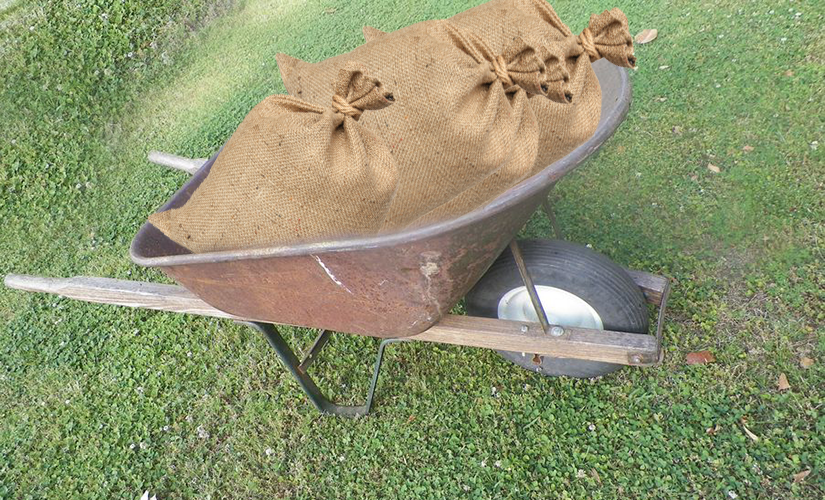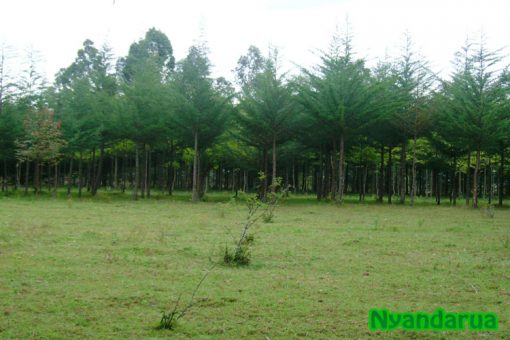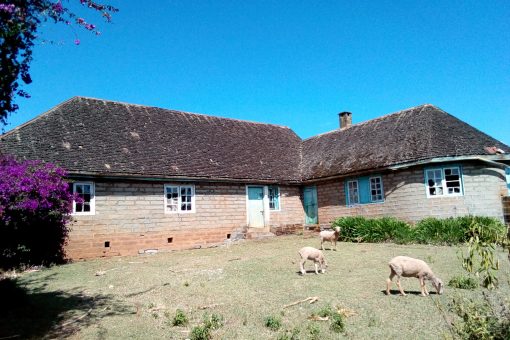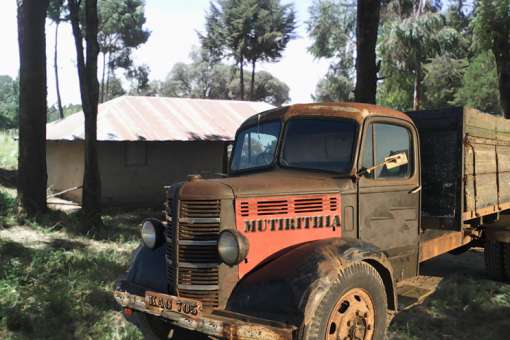The early morning start was also necessary to beat the deadline set by the Cooperative Society for receiving the pyrethrum. Their offices closed at 4pm on Saturdays, so we had to race to beat that deadline. Once we got in, the clerks inspected our bags, sometimes we had two or three bags. Once our pyrethrum passed their inspection, it was weighed and they gave us a receipt for record keeping. The pyrethrum was emptied into some huge bags, they gave us our empty gunny bags back and we were free to leave.
It was not unusual to find families sitting outside the weighing room, their pyrethrum spread out on empty gunny bags as they picked out the unacceptable flowers. The ones with bits of stem still attached to the flower, a mistake made during picking. Others were the flowers whose petals had not spread out completely meaning they had not matured fully and the worst of all were the pyrethrum buds (Mbuni) plucked off their stems and mixed in with the mature flowers. All that signified bad picking habits and the Cooperative Society did not accept such mediocre work.
When we saw families looking tired and frustrated as they sorted their entire pyrethrum delivery, that is when we appreciated the standards our parents had set for us. Just like the wheat job, they insisted we give our one hundred percent on any task we performed, otherwise we will use double the effort and double the time in accomplishing the same end results. So, we learnt to save time and effort by doing our best the first time around. In instances like these when we witnessed for ourselves what a repeat job looked like, our parents words were validated.
The Cooperative Society collected all the pyrethrum, dried it in the sun for weeks and sent the dried out product to Nakuru to the government ran Parastatal Kenya Pyrethrum Board. After they received the payment from the “Board” as the farmers called it, the Cooperative paid the farmers whatever rate the Board offered.
This was a horrible system, meant to fleece the farmers. Consider the laws of supply and demand: Pyrethrum was harvested in Nyandarua and all other growing areas at exactly the same season. This meant there was an over supply of the product because it was in season. The Board took advantage of this and offered the lowest prices to the farmers since there was an oversupply of the commodity. The Board processed the cheaply acquired pyrethrum and sold to multinational corporations when there was no more supplies from the farmers, selling the now scarce product at top dollar.




